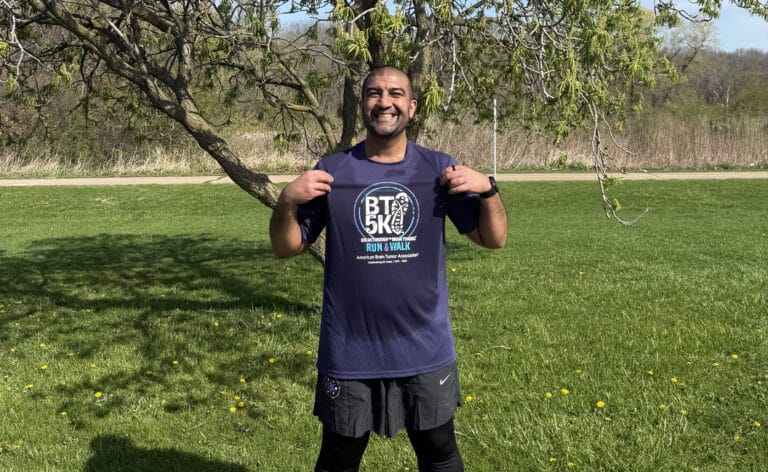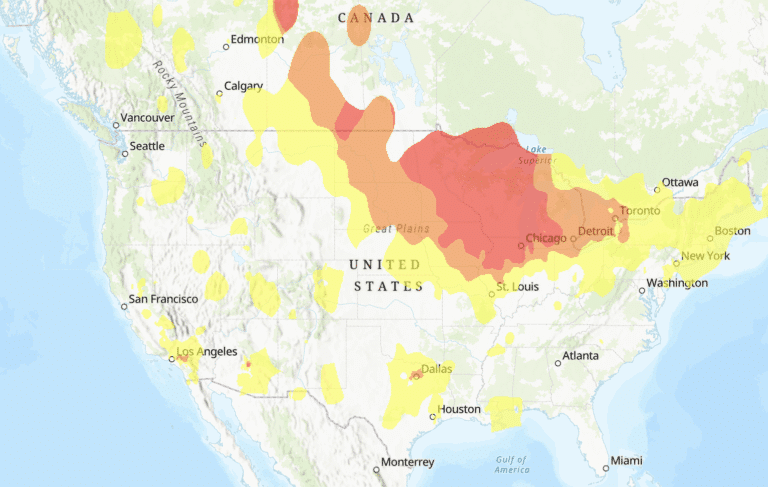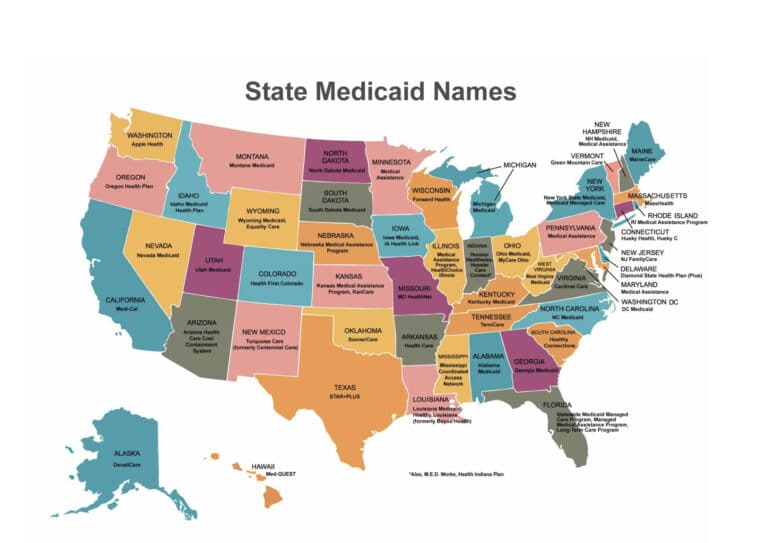By Rachael Moeller Gorman
People who suffer from alcohol or drug addiction have a lot in common with people who chronically crave food: they are highly conditioned to abuse their substance of choice, says Nora Volkow, M.D., director of the National Institute on Drug Abuse (NIDA). If thinking about food rules your life, seek help from a professional. But if you’re someone dealing with occasional cravings, restructuring your day and planning ahead can help you resist overwhelming temptation. Here’s how.
Anticipate moments of weakness.
“You preset yourself [to say], no matter what, you’re not going to allow yourself to be tempted by the food,” says Volkow. “It’s much easier to control your urges if you do it beforehand than if they take you by surprise.” For example, if you tend to binge on candy while working at your computer, cut up melon and keep it on your desk so you’re less likely to visit the vending machine. If you know you can polish off an entire bag of chips while watching a movie, make some air-popped popcorn. Popcorn is a whole grain, and when it’s not drowning in butter or overly salted, it can be a healthy, low-calorie substitute for chips or pretzels.
Take one flavor at a time.
There’s a reason you can still eat dessert at a restaurant, even when you’ve just eaten a big meal. “If I give you just one item, say, apples, you will get saturated with the flavor of apples,” says Volkow. “But if I mixed different alternative flavors, you actually can go from one to the other,” eating a lot more than if you only had one type of food on your plate. So keep your meal relatively simple. Try cooking (or ordering) a source of protein, a whole-grain side and cooked vegetables or salad. And skip the buffet; taking a little of this and a little of that is a recipe for overeating.
Ban eating in the car and in front of the TV.
It’s easy to sit down with a snack in front of the TV or in the car only to realize later that you’ve eaten more than double (or triple) the serving size you’d anticipated. Distracted eating usually leads to overeating (or an accident!). “Set up a space for eating so these other activities and spaces don’t get conditioned with the food,” suggests Volkow. Then eat only at the table, using a plate and doing nothing but eating and talking to your tablemates.
Don’t skimp on shut-eye.
“It has now been recognized that sleep deprivation increases the risk of overeating and obesity,” says Volkow. The National Sleep Foundation recommends seven to nine hours of sleep a night for adults. Less than that, and you’ll experience a lack of self-control that can lead to overeating, and even a chemical reaction in your body that prompts you to eat more than you typically would when you’re not tired.
Keep your cool.
“When a person is stressed, that decreases their ability to exert control over desires,” says Volkow. Squelch your stress with exercise: you can schedule daily workouts for a natural high. Volkow also recommends keeping your workout bag packed and ready to use for during high-pressure times. “If I am in a very stressful condition,” she says, “I go and I run.”
(EatingWell is a magazine and website devoted to healthy eating as a way of life. Online at www.eatingwell.com.)













